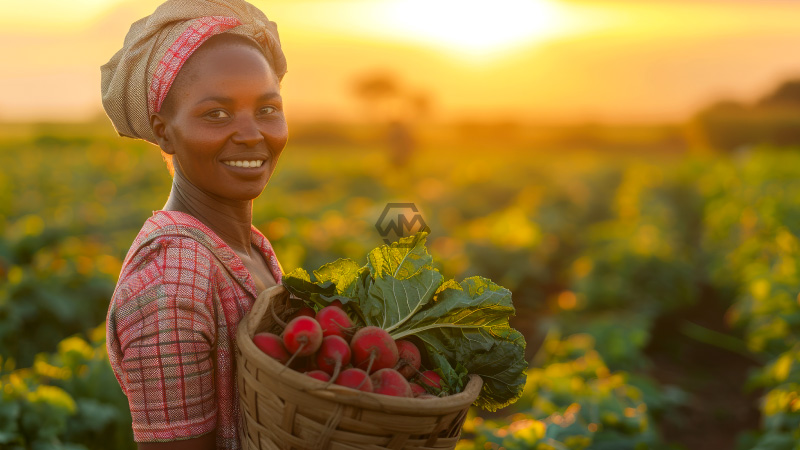- UK Aid Match funding helped establish a rural savings and credit cooperative in Sogsog.
- Farmers received training, tools, and sustainable irrigation to combat climate challenges.
- Omer Hajir Daud’s success story illustrates the positive impact of this intervention.
The UK government’s UK Aid Match funding, delivered through Islamic Relief, has made a significant impact in Ethiopia’s Sogsog village, where farmers face the dual threats of floods and droughts.
One of the most transformative aspects of the project was the installation of a solar-powered, sustainable irrigation system. This infrastructure change eliminated the need for frequent canal repairs, saving farmers time and money.
Empowering Farmers: The Role of UK Aid in Enhancing Climate Resilience
The Somali region of Ethiopia is highly susceptible to climate-related disasters, including floods and droughts, which pose a significant threat to the livelihoods of small-scale farmers. In Sogsog village, where farming and livestock are the primary sources of income, these challenges had long hindered agricultural productivity. In response, Islamic Relief, with support from UK Aid Match funding, implemented a comprehensive program aimed at improving farmers’ resilience to climate change.
A key element of this initiative was the establishment of a rural savings and credit cooperative that united 150 households. Through the cooperative, local farmers received access to crop production training, modern tools, and seeds, enabling them to increase their yields and reduce their vulnerability to environmental changes. The cooperative also encouraged collaboration among farmers, fostering a sense of shared responsibility and mutual support, which proved invaluable when facing climate-related challenges.
Another significant improvement was the installation of solar-powered irrigation systems, which provided farmers with a more reliable water source. These systems allowed farmers to irrigate their crops consistently without relying on damaged or inefficient canals. Additionally, the use of solar power significantly reduced fuel costs, contributing to long-term sustainability and lowering the financial burden on farmers like Omer Hajir Daud, who had previously struggled with limited resources.
The impact of these changes has been profound. Farmers in Sogsog are now able to generate enough income from their harvests to meet their family’s needs, and many are even exploring new income-generating activities. Omer, for example, has plans to open a small shop in his village, using savings from the cooperative and profits from his farming. This initiative has not only provided food security but has also improved the economic stability and future prospects of entire communities in the region.
UK Aid funding has had a transformative effect on rural Ethiopian communities like Sogsog, helping farmers overcome climate-related challenges and build sustainable, prosperous livelihoods for themselves and their families.
“Omer’s success story exemplifies the power of collaboration and community-driven solutions to overcome climate challenges and secure a brighter future for vulnerable farmers.”



